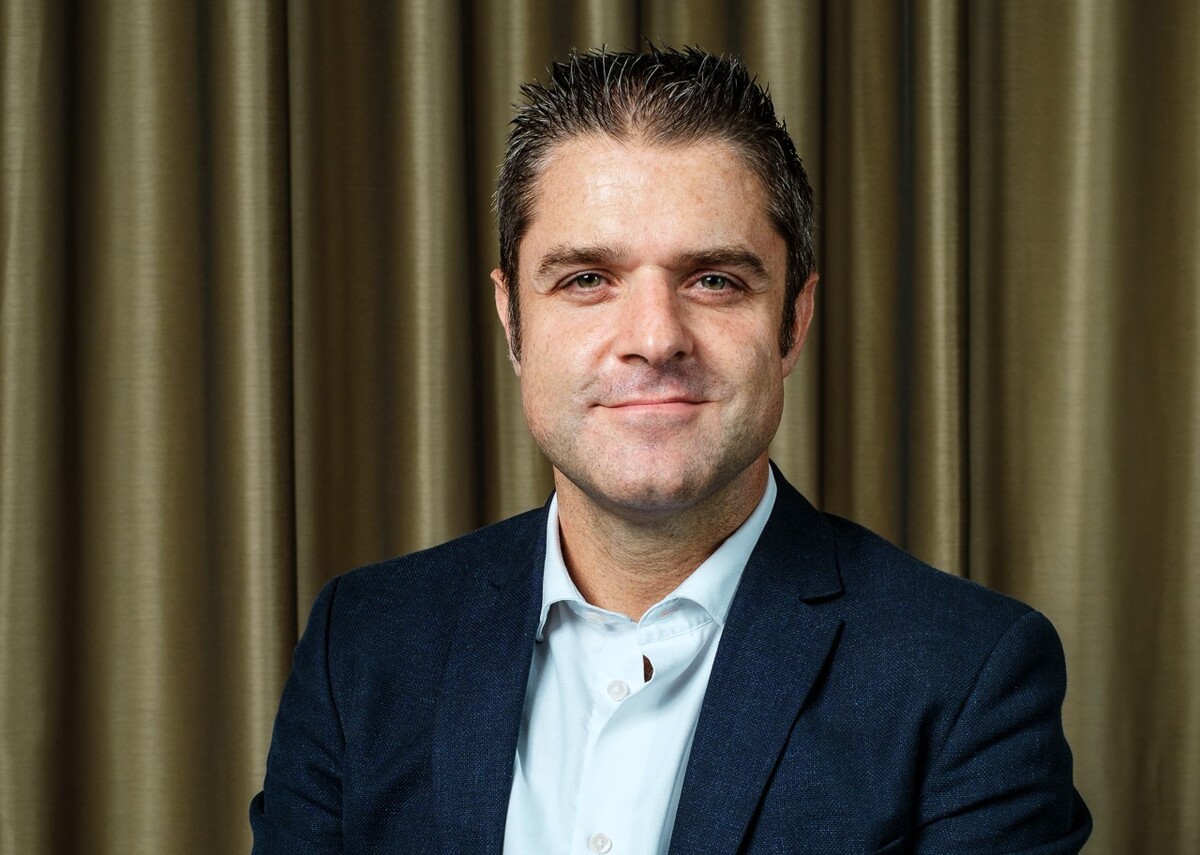Wake-up call: Don’t wait to be asked to welcome neurodivergent people
If your employee doesn’t want to talk about their condition, it’s up to you to make their working life easier, says Jonathan Rennie
The problem
With beverage company BrewDog introducing new mental health and neurodiversity policies, more businesses are considering their approach to neurodiversity laws, reasonable adjustments, employee onboarding and recruitment. With an estimated 15% of the UK population considered neurodivergent, employment tribunal proceedings referencing neurodiversity discrimination have risen by about a third between 2021 and 2022.
The law Neurodiversity refers to a range of conditions affecting the processing of information, including ADHD, autism, dyslexia, dyspraxia, dyscalculia and Tourette’s syndrome. These can impact social interaction, learning, attention, sensory processing and other aspects of interacting with the world and other people.
Not all those with neurodiverse conditions will be classed as disabled within the Equality Act 2010 legal definition. However, if a condition has a substantial, long-term adverse effect on a person’s ability to carry out normal day-to-day activities, then it will likely fall under the legal definition of disability. If so, the individual will be protected against discrimination and the employer will have to make reasonable adjustments, removing or minimising any substantial disadvantage caused to them by their condition.
Not all employees will disclose their condition as a disability. It is the employer’s responsibility to consider whether an employee has a disability and to put effective measures in place, supporting that employee in their day-to-day role.
Expert advice
It is important to recognise not only a business’s obligations to make reasonable adjustments for neurodivergent employees, but also the benefits of doing so. Line managers must be aware of how neurodiverse conditions manifest at work and be capable of empathising and devising practical strategies for supporting workers’ requirements.
Stereotypes and generalisations around neurodiversity are typically misinformed by stigmas and do not reflect the positive attributes associated with neurodivergent employees. For example, a person with ADHD hyper-focus abilities may likely do well working on projects requiring short-term sprints of work. However, detailed work requiring sustained periods of highly objective analysis may be more suited to an autistic person.
Each individual is different. Engaging with employees if potential issues seem apparent, reflecting on their strengths and difficulties and discussing possible adjustments to support them will be worthwhile for both businesses and staff. Communication with specialist occupational health expertise and reporting can help refine approaches to managing these conditions at work, maximising the potential of neurodivergent employees.
To-do checklist
Do consider
- Training managers to understand the benefits and adjustment considerations for neurodivergent employees.
- Allocating work that makes the most of neurodiverse traits.
- Offering flexible working arrangements.
- Offering different ways to collaborate, as social interactions at work can be tricky for people with neurodiversity.
- Mentoring or coaching programmes supporting neurodiverse employees.
- Permanent seats in open-plan offices and perhaps noise-cancelling headphones.
- Creating quiet spaces and extra time to undertake work for employees with dyslexia or dyscalculia.
- Encouraging neurodivergent candidates at interview by emphasising the adjustments you can make during the hiring process.
- Discovering more specific practices for particular conditions by finding educational resources. For example, Neurodiversity in Business has two onboarding and induction checklists available online.
Don’t
- Link attendance at events with promotion or reward structures.
- Assume stereotypes and stigmas on neurodiversity are correct.
- Forget that no two people are entirely alike, including neurodiverse individuals – each may require specific adjustments.
- Forget that all expected adjustments are simply those that can be reasonably expected.
Beware
Employers may miss out on talent recruitment if they are not inclusive and mindful of neurodivergent employees’ positive attributes. Once neurodivergent employees are at work, there ought to be ongoing assessment of reasonable adjustments and implemented measures where necessary. Failure to do so may lead to employers facing potential discrimination claims in the worst-case scenario.
Jonathan Rennie is a partner in TLT’s employment team















